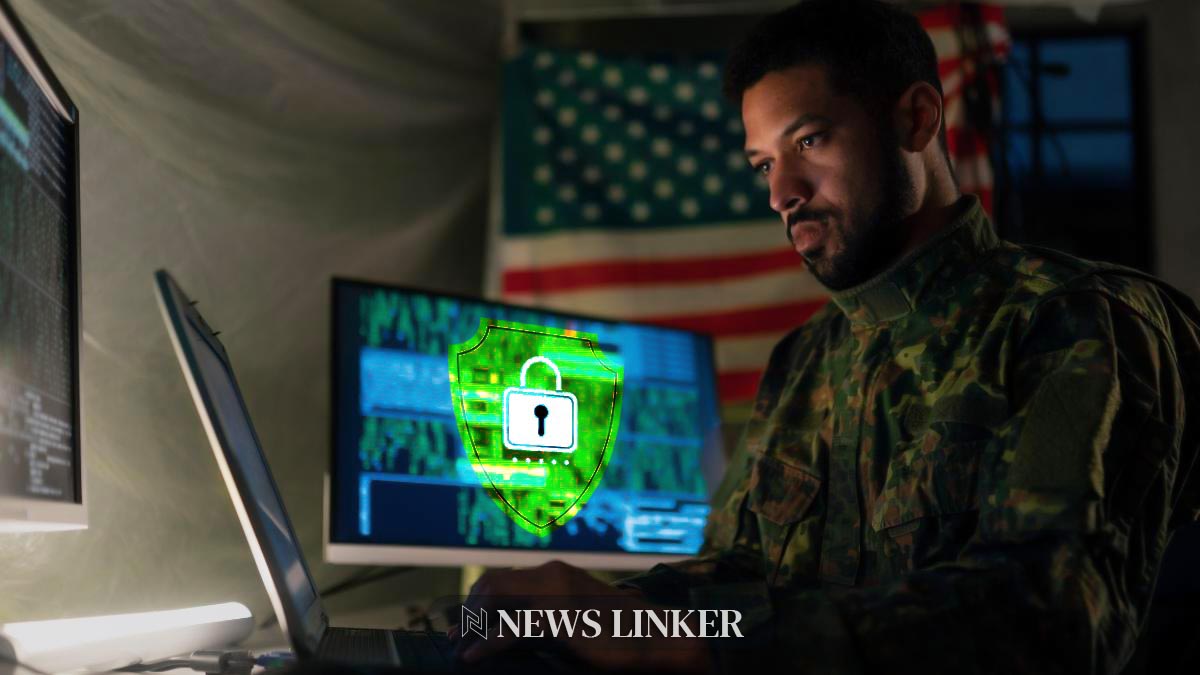In a significant shift in modern warfare, cyber tactics have become pivotal in international conflicts. A recent cyber incident where Iran targeted Israel’s critical infrastructure underscores this change, marking a critical escalation in the ongoing geopolitical tensions between the two nations. This assault not only disrupted key Israeli systems but also signaled the growing role of cyber warfare in regional disputes. The article delves into the specifics of the attack, the entities involved, and the broader implications for national security and international cyber defense strategies.
The relationship between Israel and Iran has been fraught with conflict for decades, typically characterized by proxy wars and public threats. However, the incorporation of cyber warfare tactics has introduced a new layer of complexity to this rivalry. Previous cyber skirmishes hinted at the potential for a more sustained and targeted cyber conflict, reflecting a global trend where digital warfare capabilities are increasingly central to national security strategies. These developments call for a reevaluation of traditional defense tactics and highlight the need for robust cybersecurity frameworks.
Cyberattack Dynamics and Immediate Impacts
The cyberattack in question was sophisticated, focusing on disrupting operations in vital sectors within Israel. It utilized advanced malware and phishing techniques, suggesting the involvement of state-sponsored entities skilled in cyber espionage. The immediate impacts were substantial, causing disruptions not just to governmental operations but also affecting civilian access to essential services, thereby sowing chaos and fear.
Strategic Responses and International Implications
Israel’s response to the cyber threats was multi-faceted, involving immediate countermeasures to mitigate damage, followed by strategic cybersecurity enhancements. Internationally, this incident has fueled debates on the need for global norms and cooperative frameworks to manage state-sponsored cyber activities, which are increasingly becoming elements of national power in international politics. The attack has thus not only had immediate security implications but has also affected international cyber diplomacy.
Further Incidents and Comparative Analysis
Comparisons with other similar incidents provide context to this event’s significance. For instance, reports from Forbes and The Guardian describe analogous cyberattacks where national infrastructure was targeted by rival states, underscoring the growing trend of using cyber operations to achieve strategic objectives. These sources highlight the global context in which such incidents occur, reflecting a pattern where state actors are increasingly adopting cyber tactics as part of their broader strategic arsenals.
– Cybersecurity is now as crucial as physical security for national infrastructure.
– International cooperation is essential in forming defensive and offensive cyber strategies.
– Continuous investment in cyber defense technologies is vital for maintaining national security.
The cyberattack from Iran on Israeli infrastructure is a clear indication of how cyber warfare is being integrated into broader military strategies by states. This event not only highlights vulnerabilities but also the need for advanced protective measures. As nations continue to invest in cyber capabilities, the international community must prioritize the development of comprehensive frameworks to prevent the escalation of cyber conflicts. Enhanced cooperation and investment in cybersecurity technologies are indispensable, as they form the cornerstone of national and international security in the digital age.










